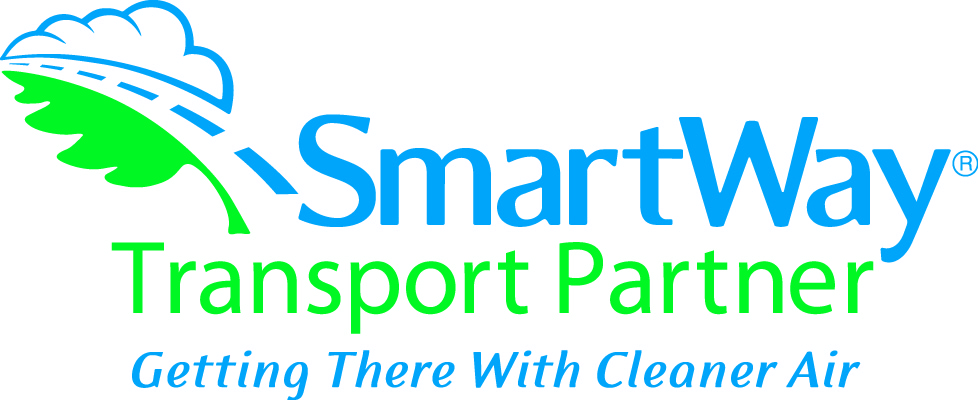Shaker Logistics has joined the SmartWay Transport Partnership, an collaboration between U.S. Environmental Protection Agency (EPA) and the transportation industry that provides a framework to assess the environmental and energy efficiency of goods movement supply chains. The program provides a comprehensive system for tracking, documenting, and sharing information about fuel use and freight emissions, as well as tools and benchmarks Shaker can use to improve its performance.
As a partner, Shaker will contribute to the savings of 357 million barrels of oil, $47.6 billion on fuel costs, 2.7 million tons of NOX and 112,000 tons of PM. This is equivalent to eliminating annual energy use in over 23 million homes. By joining SmartWay Transport Partnership, Shaker Logistics demonstrates its emerging commitment to strong environmental leadership and corporate responsibility.
“We recently started developing a comprehensive sustainability plan and goals for Shaker, and joining SmartWay as a partner will help us attain those goals,” said CEO Jason Smith. “In the last few years, we’ve replaced aging equipment that’s less fuel efficient, invested in innovations like electric APUs, and added incentives for our drivers that reward them for driving behavior that reduces fuel consumption,” Smith said.
Developed jointly in early 2003 by EPA and Charter Partners represented by industry stakeholders, environmental groups, American Trucking Associations, and Business for Social Responsibility, this innovative program was launched in 2004. Partners rely upon SmartWay tools and approaches to track and reduce emissions and fuel use from goods movement.
The Partnership currently has over 3,000 Partners including shippers, logistics companies, truck, rail, barge, and multimodal carriers.
“Joining SmartWay is one of many planned steps for Shaker over the next several years to address end improve environmental impacts of our operation,” Smith said. “We look forward to working with our customers, partners, and vendors to promote more sustainable supply chains.”

